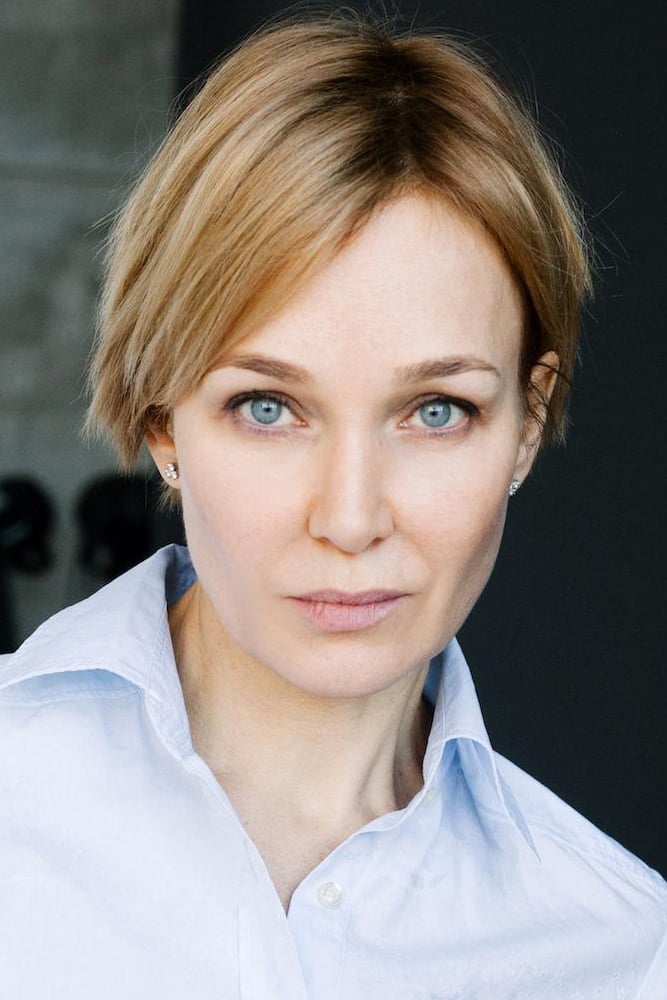
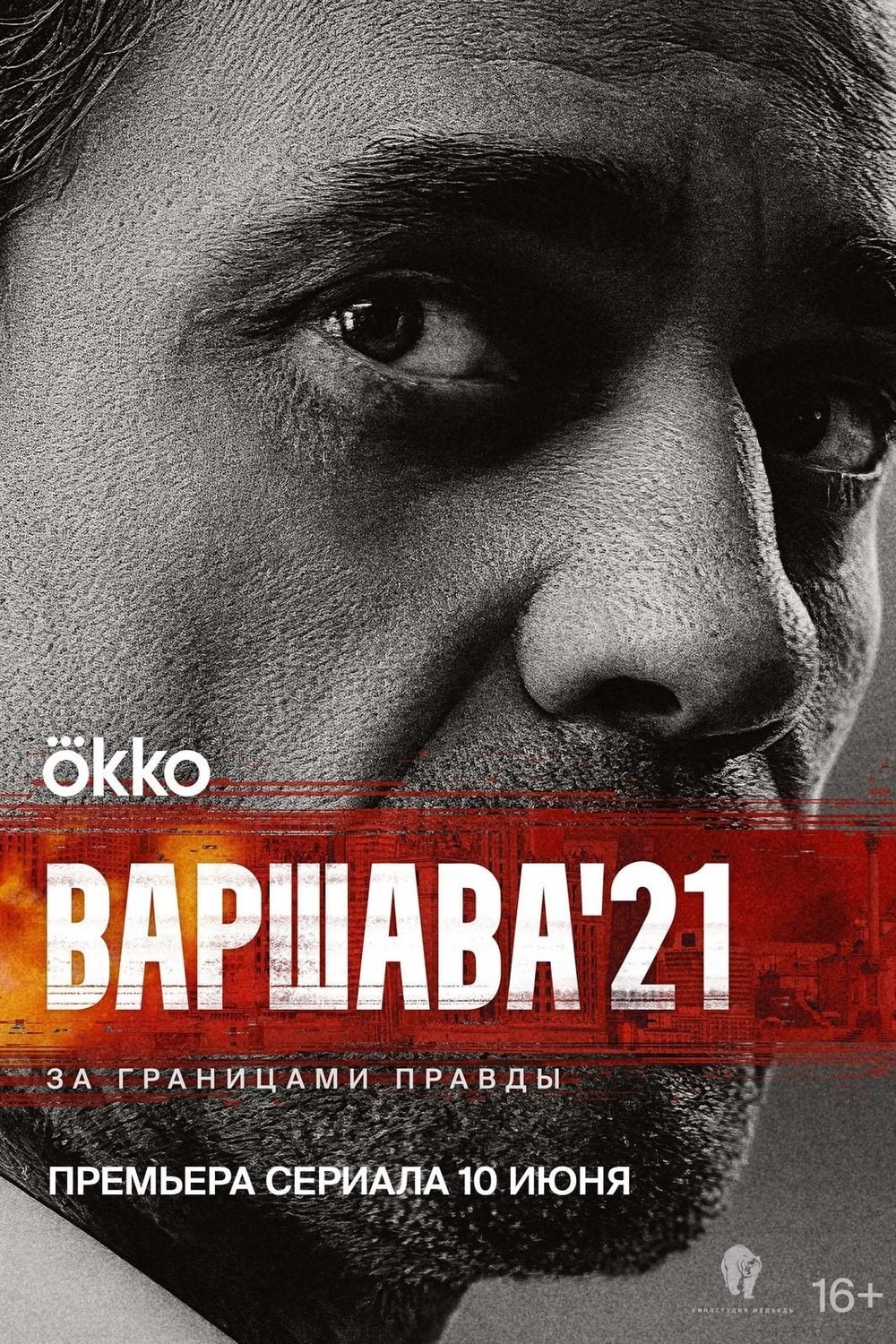
A well-known journalist is assassinated during the presidential campaign in Poland. The media pushes the narrative of Russian interference in the country's internal affairs, in order to support Silesian separatists and destabilize the situation. From a small spark, a geopolitical conflagration is ignited, capable of causing enormous damage.

After the death of Alexey Gradov, the owner of a large construction holding company, his heirs enter into a struggle for a billion-dollar fortune with a former official and business partner of the deceased. On the family side, the war is led by Gradov Sr., the patriarch of the family, who founded the family business in the 90s, but retired. As an ally, he takes the financier and strategist of the company Nadezhda, who was not only a colleague, but also his son's mistress. In addition to the redistribution of assets, the Gradovs — wives, children, grandchildren — are busy identifying old grievances and accumulated claims against each other. They have everything—money, power, connections, status. But that's not enough for them. In the pursuit of inheritance, they are ready to tear apart not only the enemies of the family, but also each other.

The movie is based on the real story of Nika Turbina, once world-famous Soviet child poetess, who got completely forgotten in the 1990s. That's when we meet her: at the age of 27 Nika is full of hopes and doubts regarding her gift. Due to the age restriction, she's got just one shot to enter the Drama School, and that's her only chance to separate from her cherishing and oppressive mother. Acquaintance with a new friend Ivan gives Nika hope for a happy future, but there is still something in her memory that triggers her. Tragically cheerful, painfully confused and desperately believing in love and life after childhood, Nika puts everything on the line to overcome ghosts of the past.
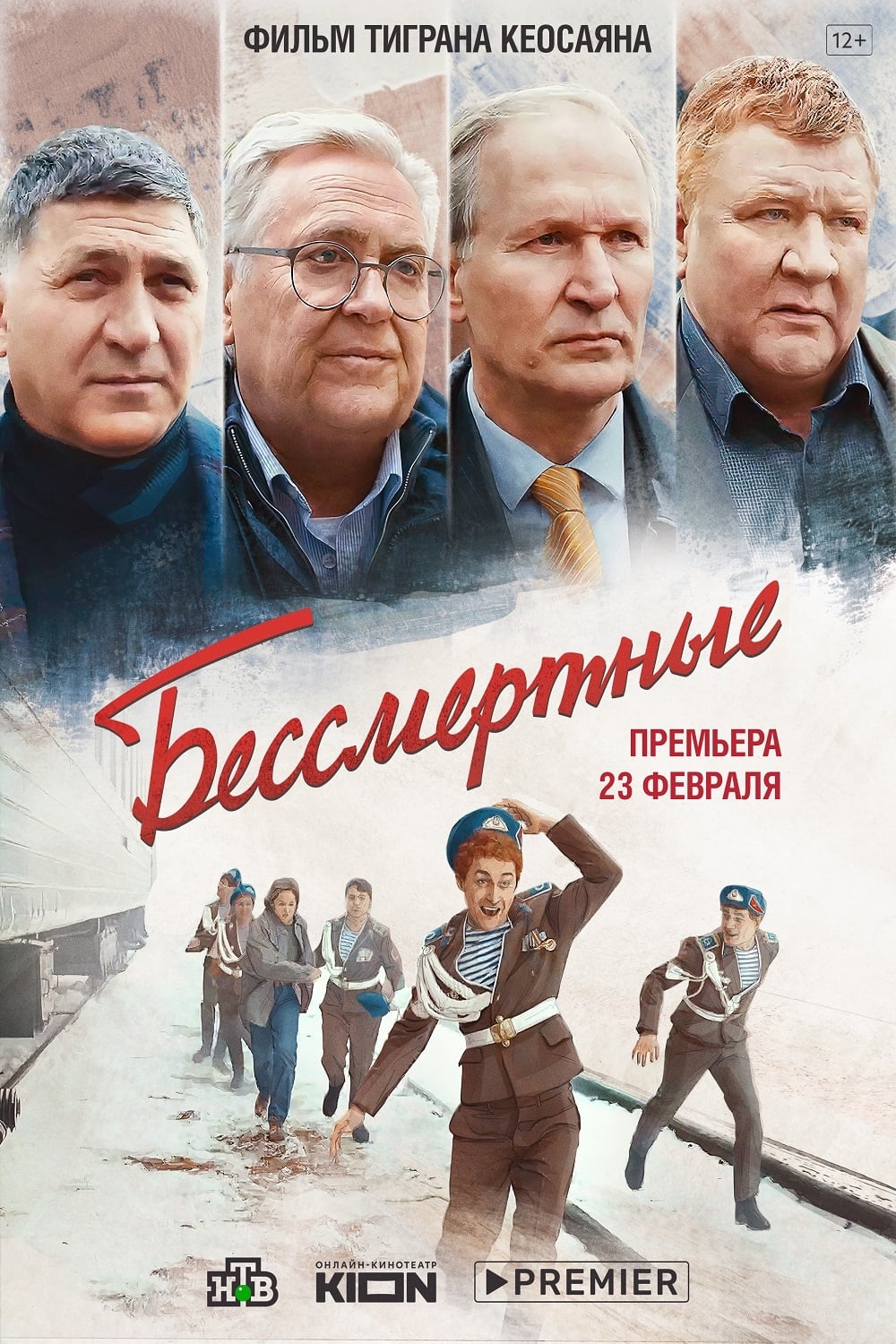
The story of four friends, former fellow soldiers from Afghanistan, who meet on the eve of Victory Day to see off a comrade on his last journey.
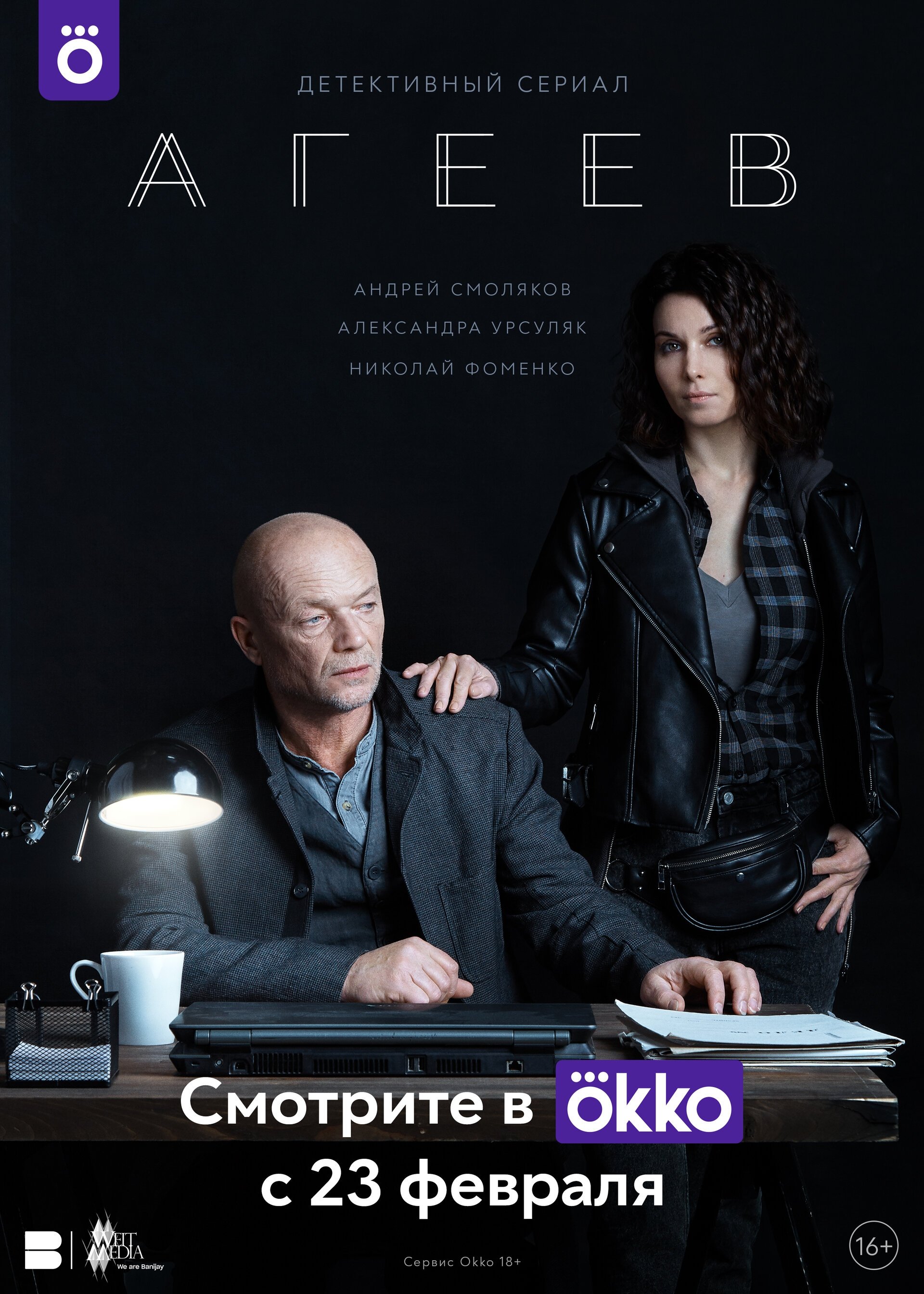

Colonel Alexander Volkov teaches at the Academy of the FSB, he is seventy, he is retired. Captain Igor Kamorin is an active operative, he is twenty-seven. Kamorin is a fan of electronic gadgets, while Volkov does not know how to use WhatsApp. Kamorin believes in progress and believes that Volkov's "tube brains" have become obsolete in the last century, while Volkov is sure that Kamorin's "clip thinking" is not even suitable for solving crossword puzzles. However, in tandem, these two will do the impossible: combine the old school and modern technology.
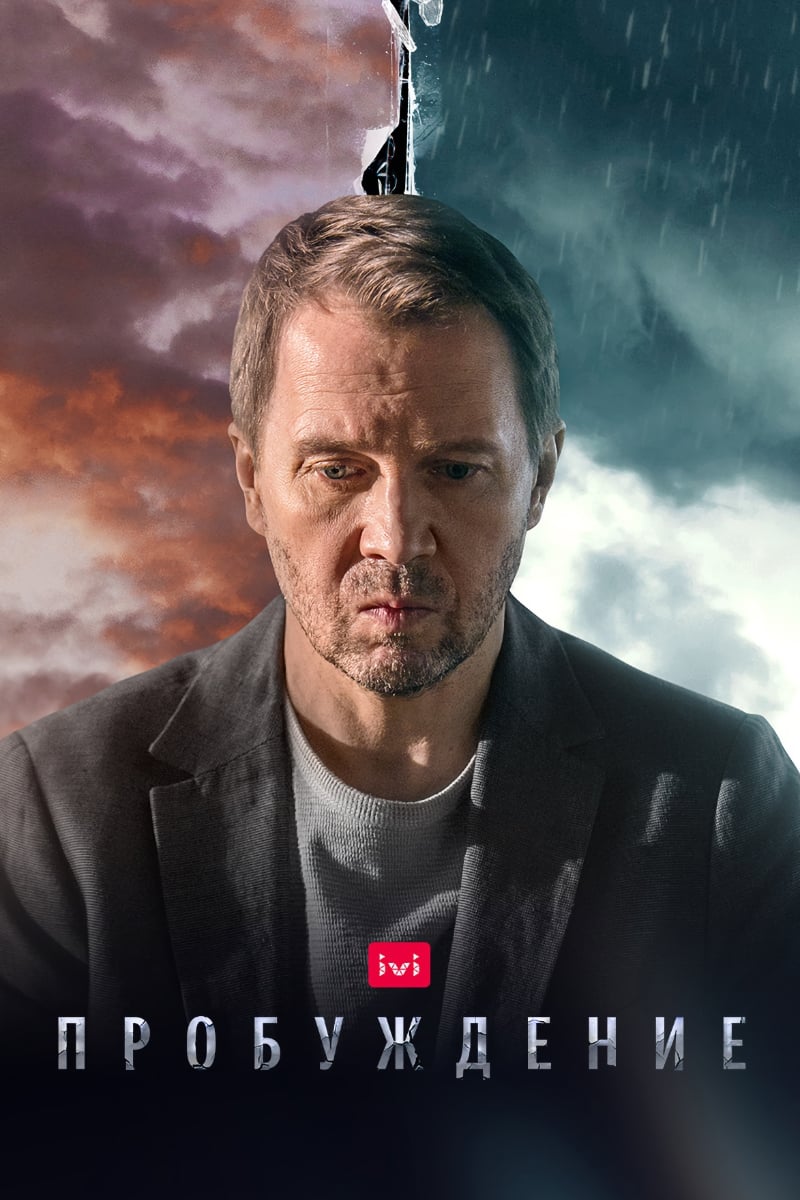
Investigator Pavel Frolov gets into a car accident. After that, his life is torn into two parallel realities — in one of them his son Kirill survived the disaster, in the other his wife Svetlana. Every morning, when Pavel wakes up, he finds himself alternately, in reality with his son, then with his wife. In each of these lives, he tries to find out who or what is behind the accident in order to try to connect the two realities together. And at the same time, to return the respect of his son and the love of his wife, to whom he often preferred work before.

Andrey drives a cab, but he’s no ordinary Taxi driver. All his passengers are dead. His job is to deliver them to the Afterlife, but it’s never straightforward. Andrey’s passengers come from all walks of life and each has a story, they can’t reach their destined afterlife until they face-up to and atone for something from their past. But it’s a rare soul who wants to hold a mirror up to their faults, they need a guide, some encouragement, and so they turn to the only other presence in the taxi, Andrey. Andrey himself is an enigma, a taciturn driver who exists only in the present, and a reluctant guide for lost souls. Each time Andrey successfully delivers a lost soul from limbo, a mysterious number on the taxi-meter counts down one by one. And with each soul’s story a little bit more of Andrey’s past is revealed. Are the Passengers the only souls seeking redemption?
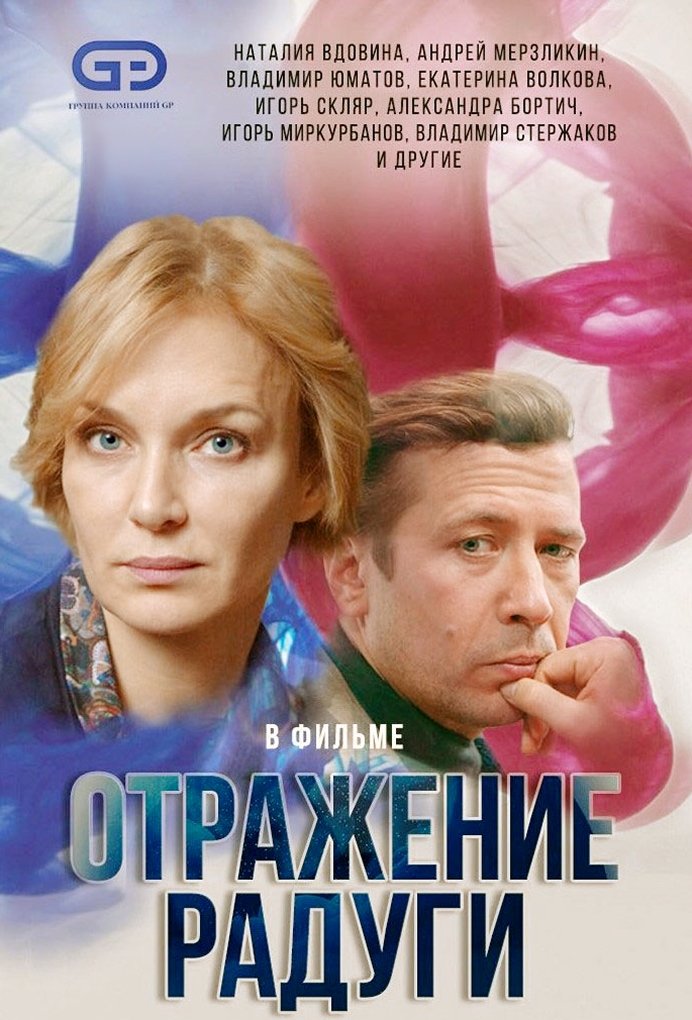
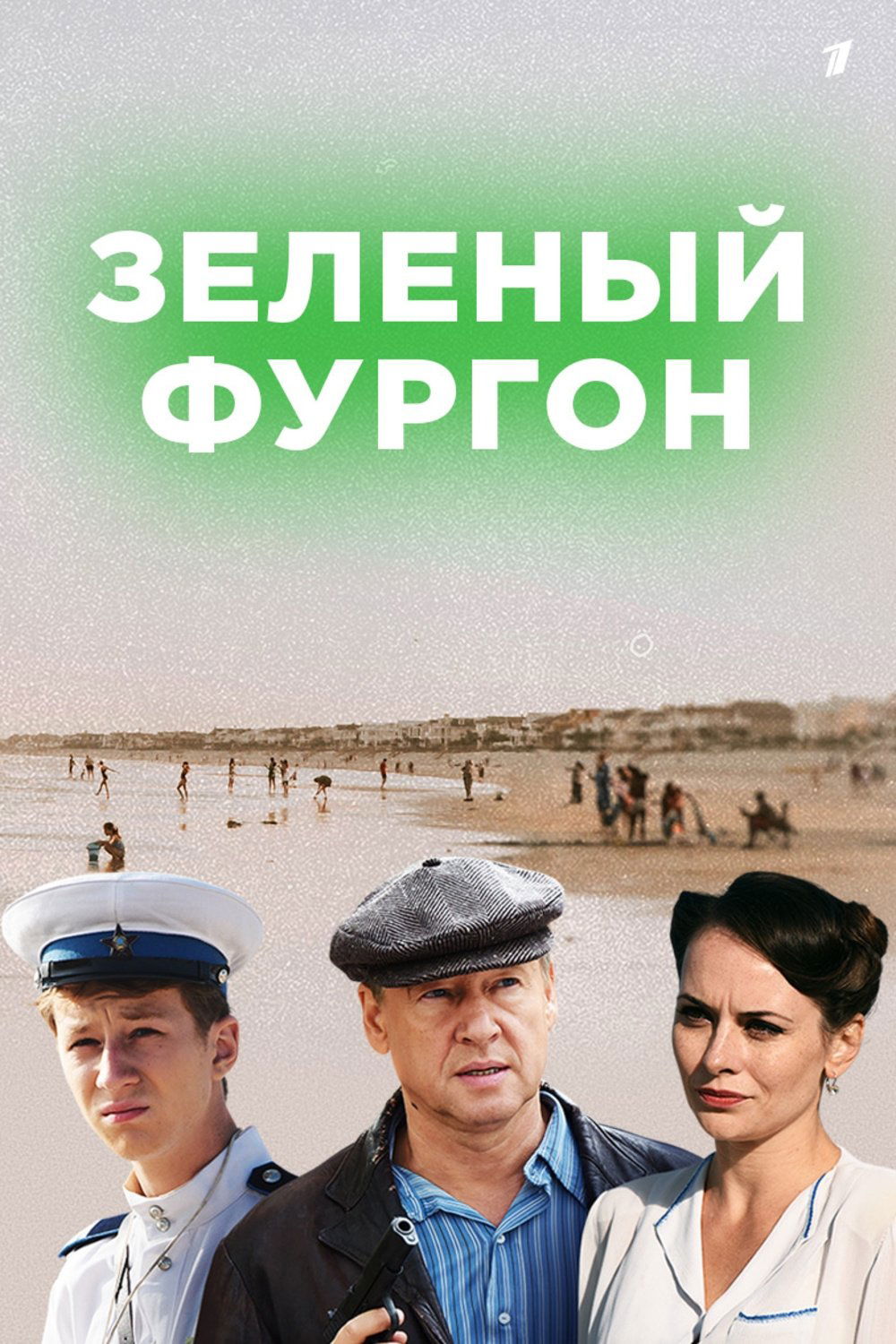
By browsing this website, you accept our cookies policy.